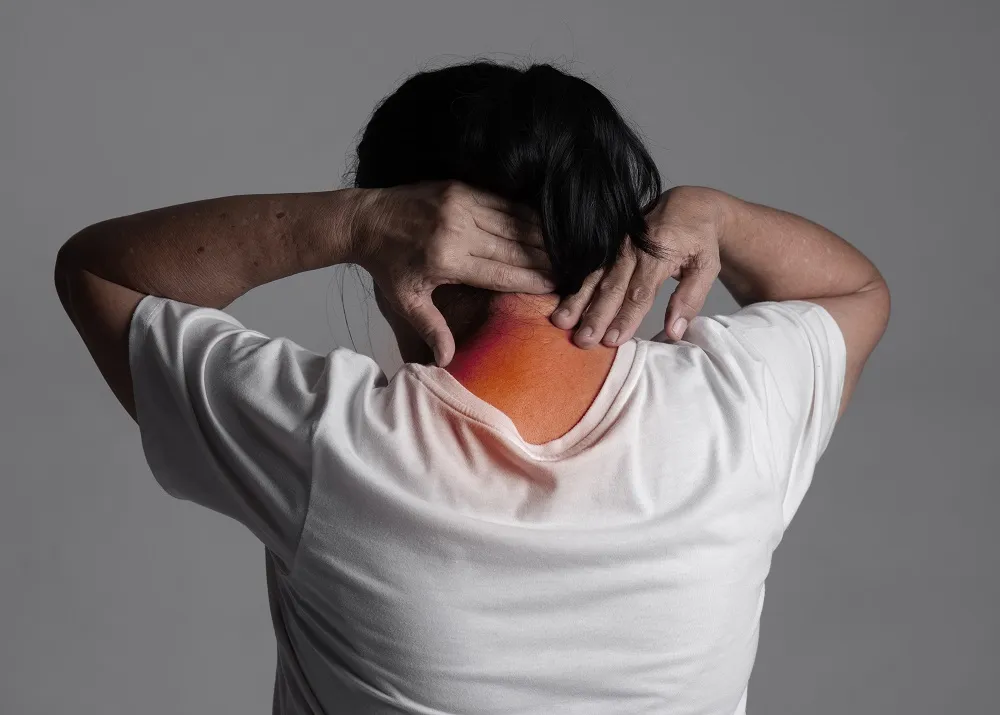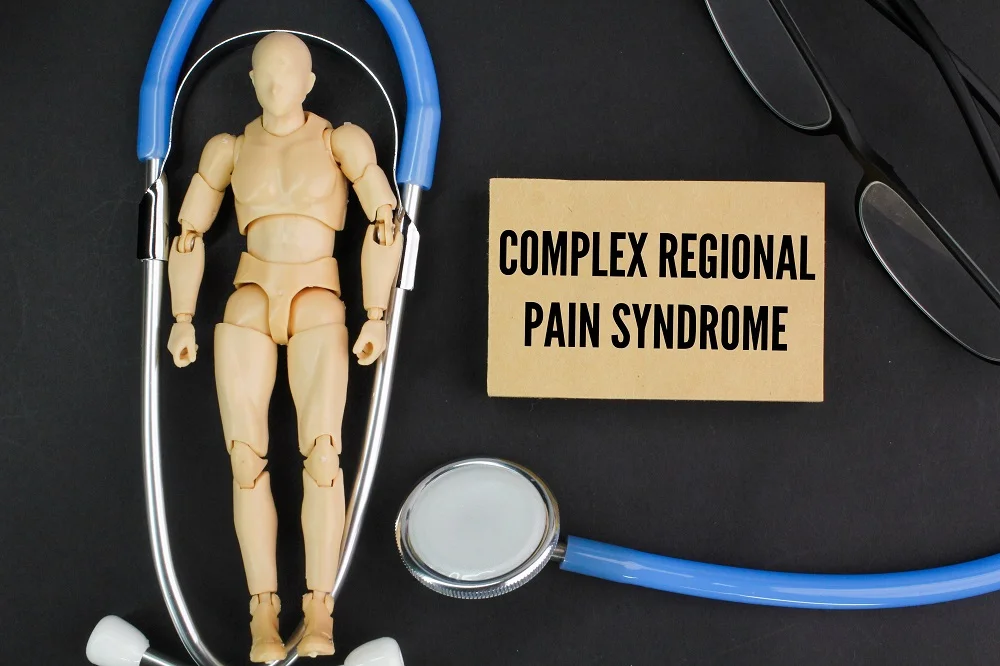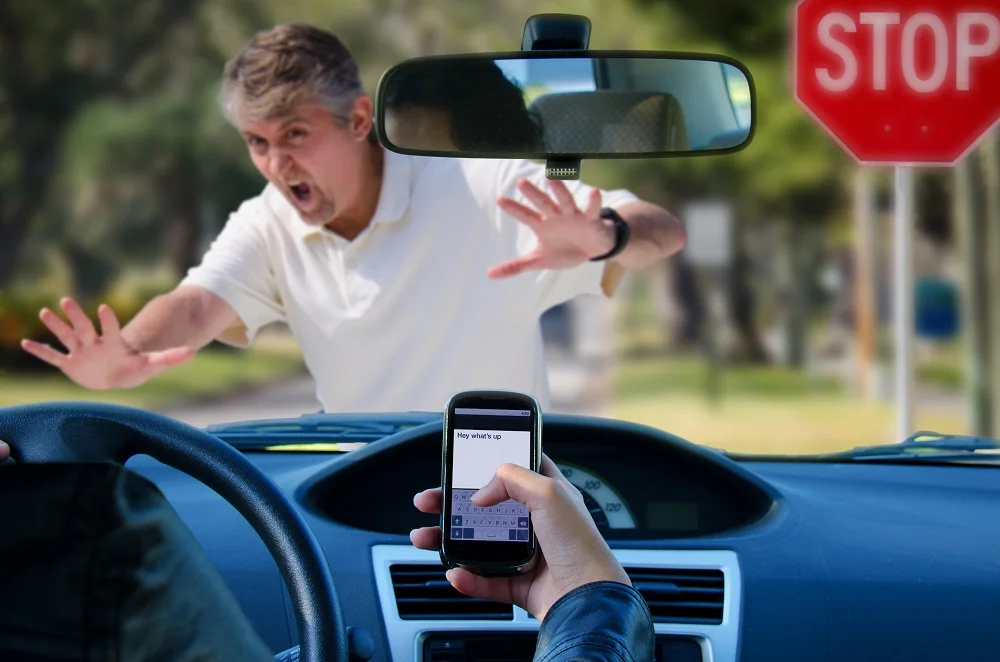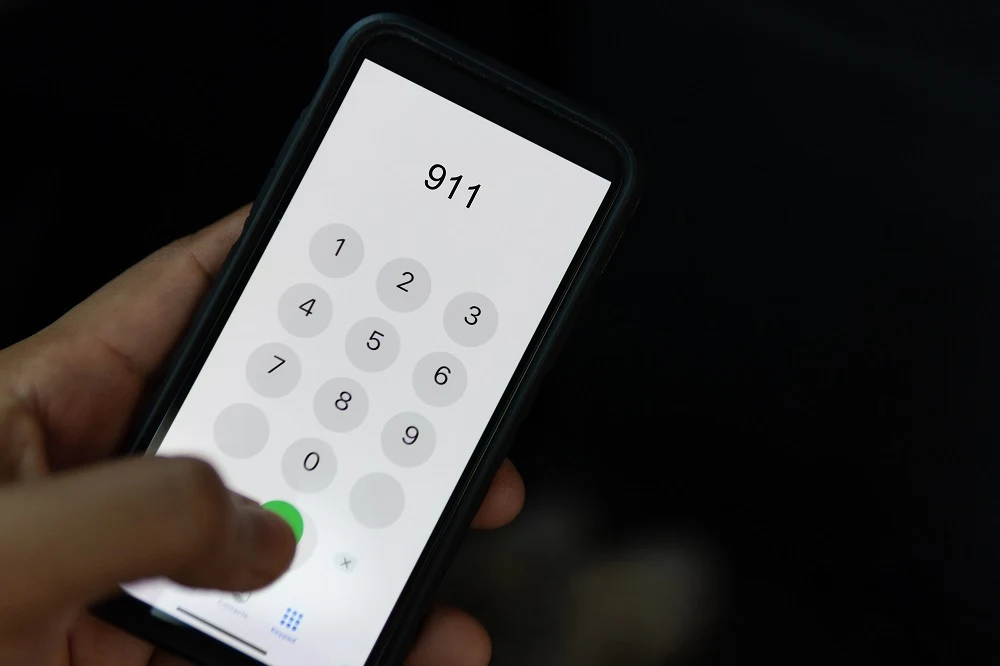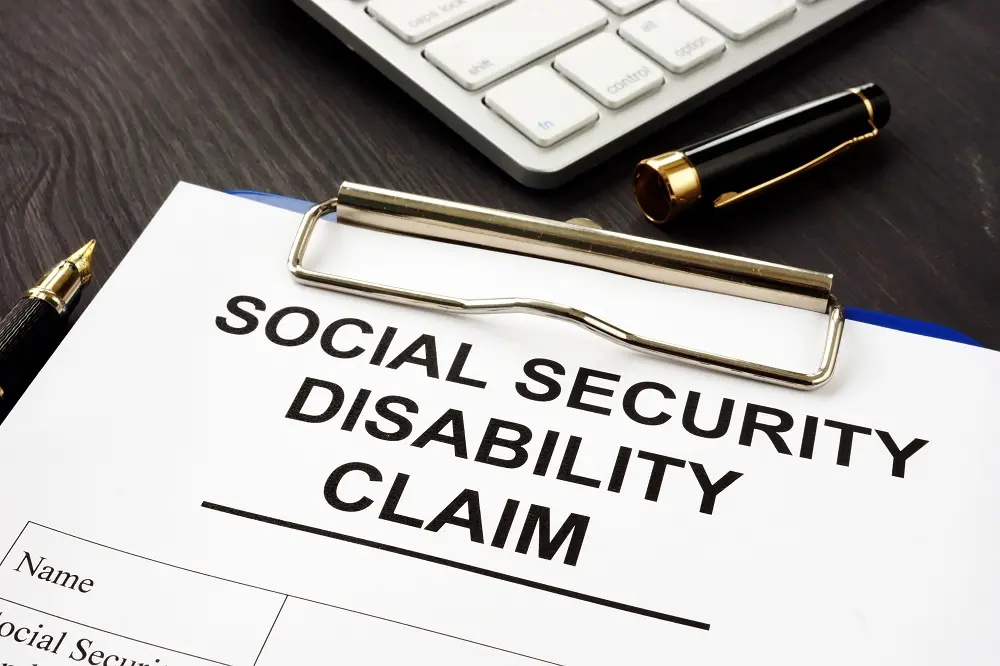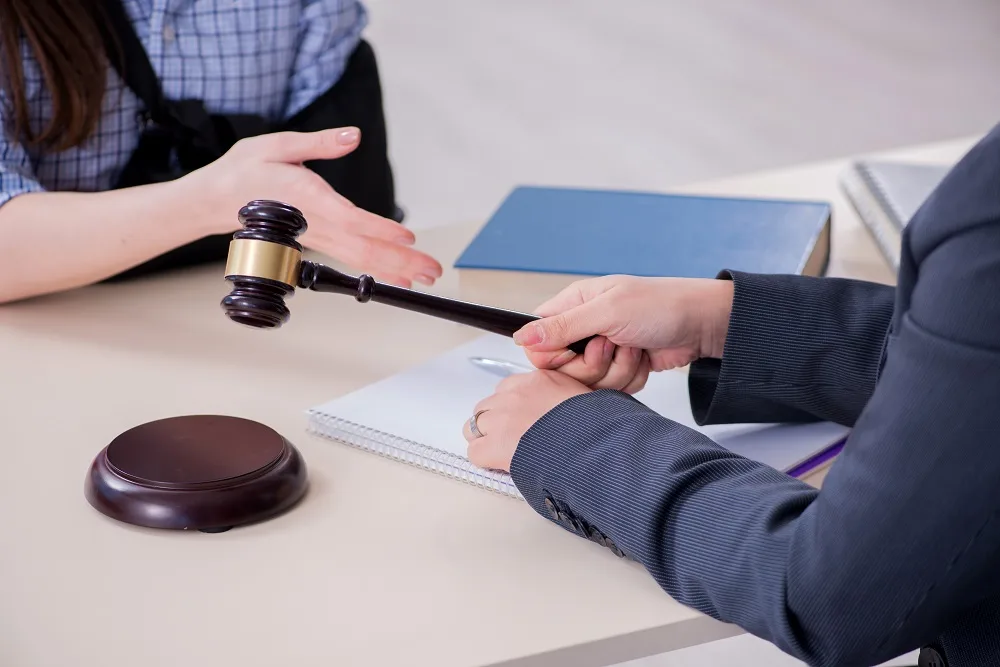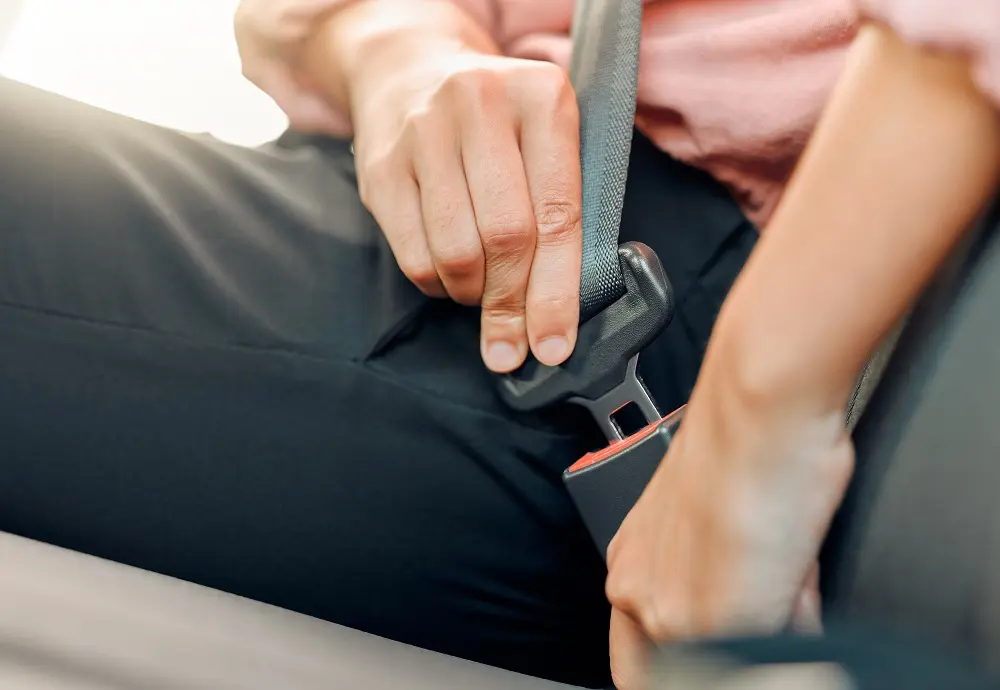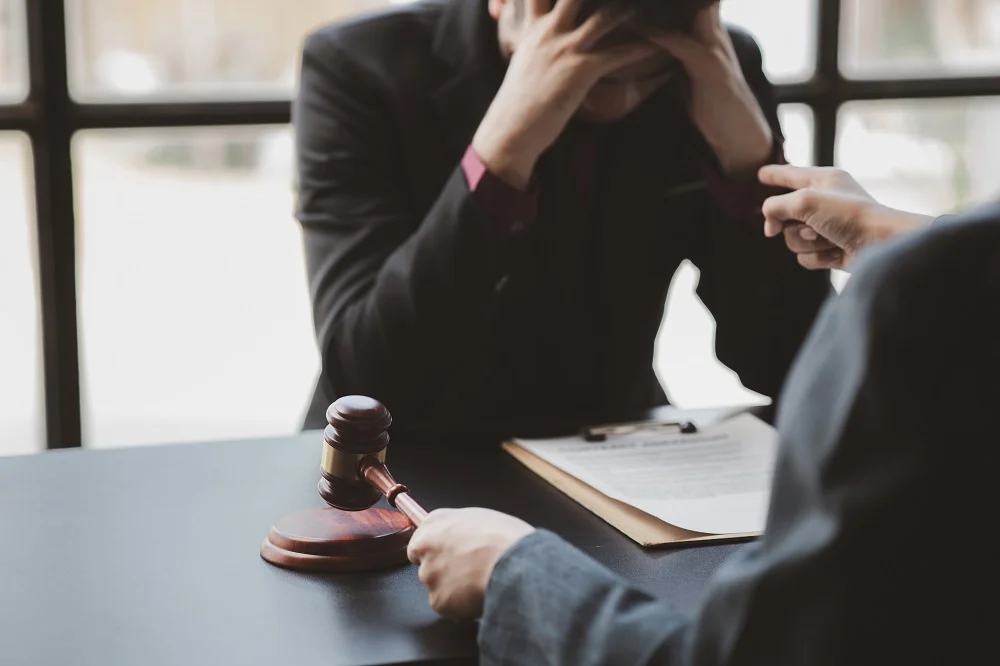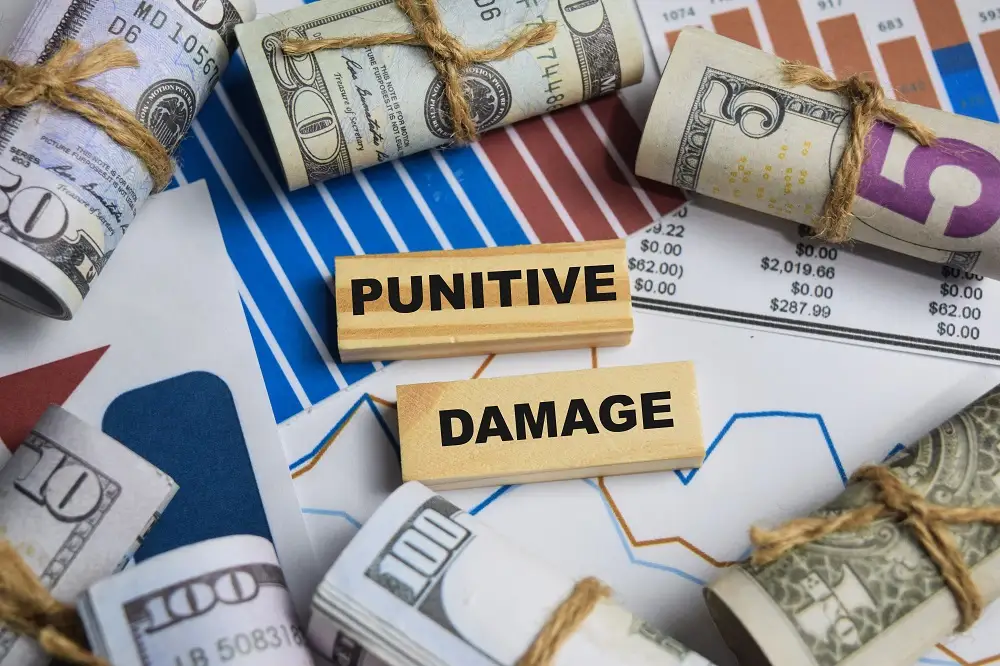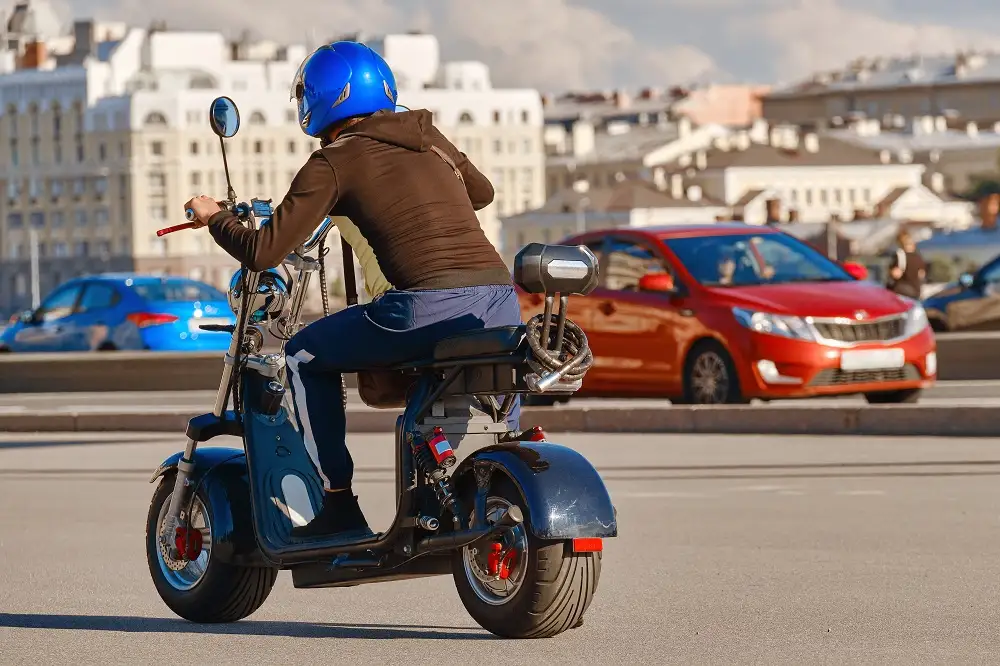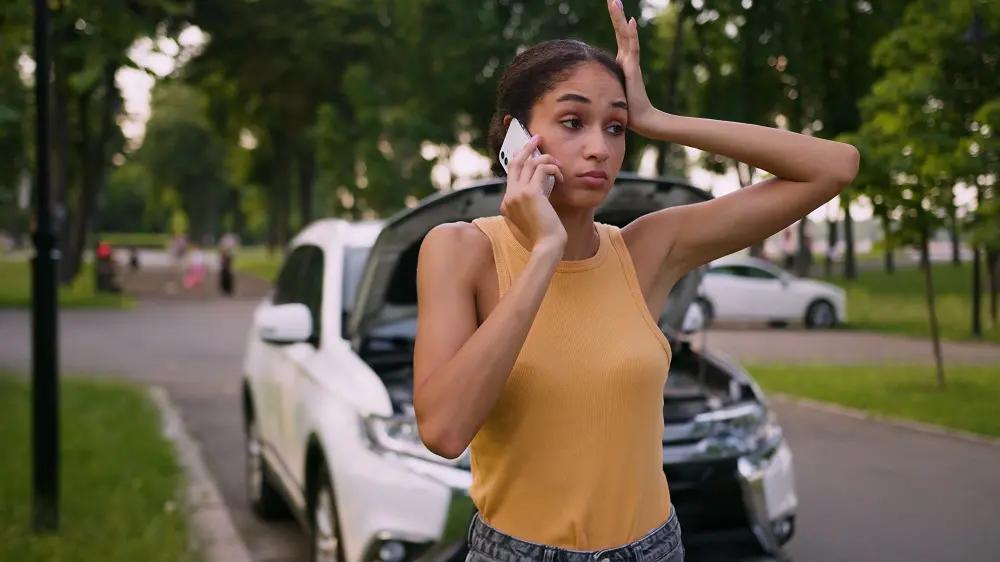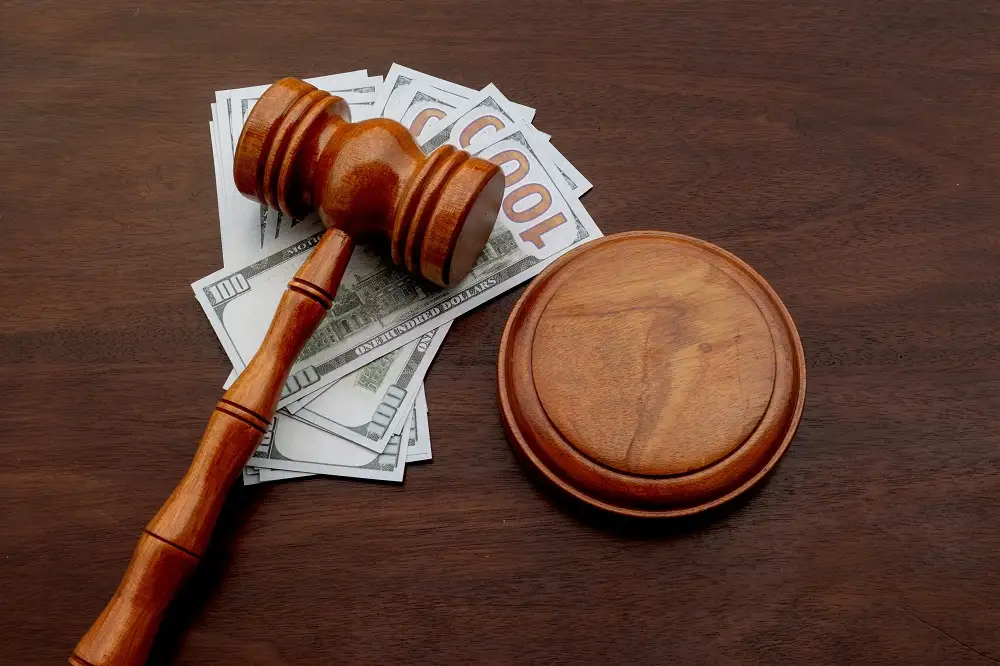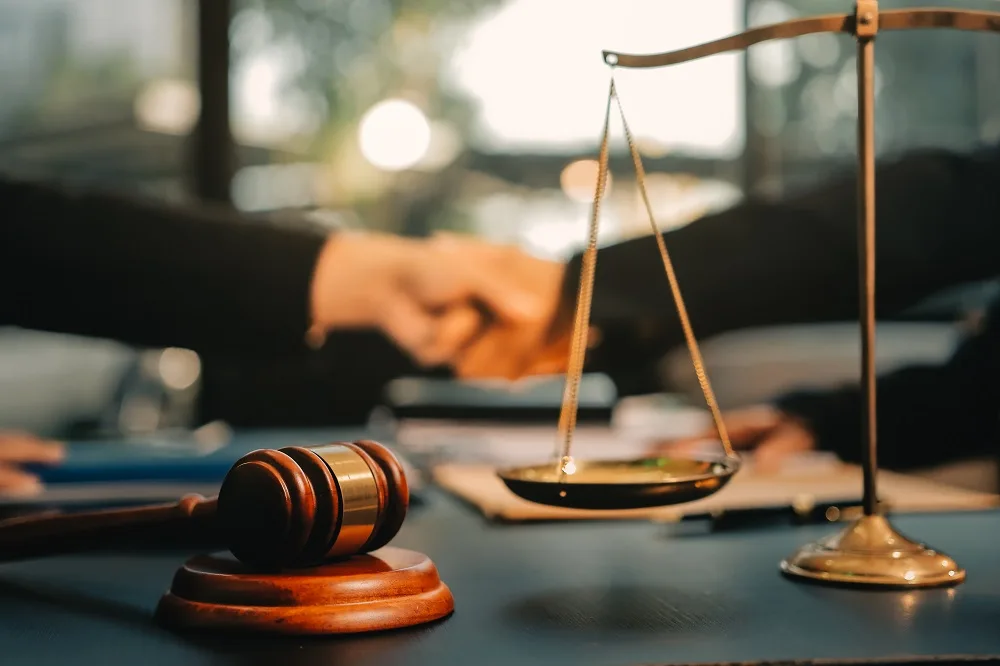Many things people do require what are called “waivers of liability.” These are pieces of paper that purport to absolve someone or something from consequences if the signee gets hurt. Extreme sports like skateboarding, skydiving, ziplining, and kayaking may require liability waivers before someone can participate. Additionally, dangerous jobs may have waiver provisions as part of their contract. The question many people have, then, is whether these waivers are really worth anything in court if someone does get injured.
The answer is that, in Massachusetts, these liability waivers can be enforced in court most of the time. However, there are some circumstances that can make a waiver of liability void and not worth the paper it is printed on.
For a free case review, call our Massachusetts personal injury lawyers from The Law Office of John J. Sheehan at (617) 925-6407.
Are Waivers of Liability Worth Anything in Massachusetts?
Most of the time, liability waivers are enforceable in Massachusetts. This means that you should pay attention and consider what you are doing when you sign one of these waivers. You are allowed as an individual to give up your right to sue someone for negligence if you want to do a dangerous recreational activity. For example, if you sign a waiver to participate in a paintball league, you cannot then turn around and sue them if it hurts too much when you get struck by a paint pellet.
Exceptions to Liability Waivers in Massachusetts
While waivers of liability are generally enforceable in Massachusetts, there are some times that there are exceptions to this rule, and liability waivers will not be enforceable. You may frequently be given waivers to sign anyway in these instances because there is a belief that signing these forceless documents may give people second thoughts about pursuing legal action.
Gross Negligence
Liability waivers protect entities from getting sued for things they do that are negligent. However, they do not protect from injuries that arise from gross negligence or recklessness.
The standard for gross negligence is detailed in the case Cahalane v. Skydive Cape Cod, Inc. In that case, the plaintiff was seriously injured when skydiving in Cape Cod. She subsequently filed a lawsuit. The defendant argued that, since the plaintiff had signed a waiver, they could not be held liable. The court held that the waiver was enforceable. However, they also held that the defendant was grossly negligent and was still liable because waivers of liability do not cover gross negligence.
The court went on to detail the standard for gross negligence. The standard, as set in Skydive, is that gross negligence is an action, or lack of action, that constitutes something more than a “mere failure to exercise ordinary care.”
Thus, if a party that makes you sign a waiver does – or fails to do – something that is more than mere negligence, that waiver will not prevent you from suing them in court and recovering damages.
Coercion and Fraud
Waivers are also void if the person who signed them was forced to sign them or made to sign them through fraud. For example, if a lender pressures you to sign an agreement to waive liability that you otherwise would not have signed, that agreement may not be enforceable in a court of law.
Gyms and Fitness Centers
Under Mass: Mass. Gen. Laws Ch. 93, § 80, a contract for “health club services” cannot compel someone to sign away their right of legal recourse against the club. A “health club” is simply a gym or other location where athletic activities are conducted. Think of a Planet Fitness location or an indoor basketball gymnasium, and you get the idea. Waivers for these types of locations do not prevent you from suing if you are injured because of their negligence.
Some of these locations may try to argue that they are not a “health club” to try to make a waiver enforceable. In those cases, you should let our Boston personal injury lawyers look at the details of your case and determine the best path forward.
What Should I Do if I Got Injured but Signed a Waiver?
If you signed a waiver of liability and subsequently got injured, the bottom line is that you need to talk to our New Bedford, MA personal injury lawyers right away. If the injury was the result of garden variety negligence, the likelihood is that you may not be able to file a lawsuit against the party responsible for your injuries. However, if the injury was because of a party’s gross negligence or even intentional conduct, you can still sue for damages in court.
The fact of the matter is that you will not know whether conduct qualifies as gross negligence or ordinary negligence until our lawyers examine your case and start building a picture of what happened.
Aside from talking to legal counsel and letting them do the heavy lifting, you should also try to get as much information as you can about your situation. You need to understand your rights before making any hasty decisions. Do not sign anything that, say, increases your insurance premiums or admits to anything before consulting with legal counsel.
Do not assume that just because you signed a waiver, you are out of options. Many purveyors of dangerous activities may make you sign waivers without realizing that those waivers are not enforceable if they conduct themselves in a grossly negligence way.
Speak to a Massachusetts Personal Injury Lawyer about Your Case Today
The Law Office of John J. Sheehan can be reached at (617) 925-6407 to have our Cambridge personal injury lawyers discuss your case with you.
Tell us your story We’ll Handle the Rest
You deserve to move forward. Let’s work together and build your case for maximum compensation. Speak with a member of our team today.


John J. Sheehan
Managing Attorney
Attorney Sheehan is fluent in Spanish and is privileged to represent many clients from the Latin American community in the Greater Boston area.
Tell us your story We’ll Handle the Rest
You deserve to move forward. Let’s work together and build your case for maximum compensation. Speak with a member of our team today.








